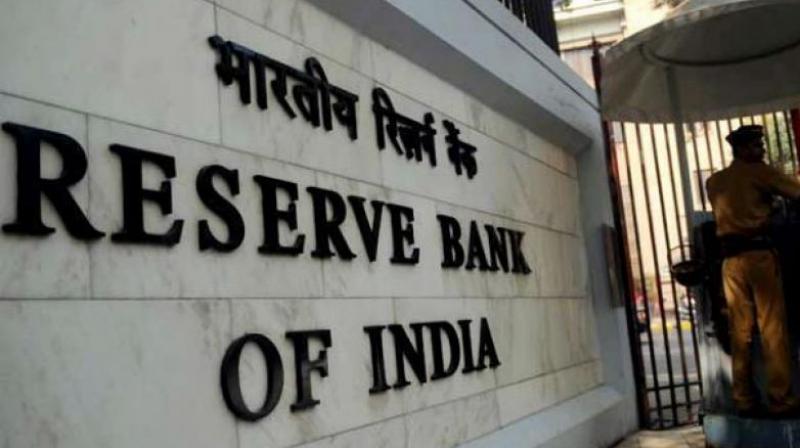New currency in high demand ahead of Id
About 50 persons provide the new currency notes in exchange of old ones for a commission ranging between five to 10 per cent.

Hyderabad: Mr Nooruddin, who runs a soiled notes exchange stall at Charminar, is happy with Id-ul-Fitr round the corner. People flock his shop ahead of the festival to get crispy new currency notes for the festival, and pay him a small commission,
The new currency is in huge demand during Id-ul-Fitr when, as a tradition, elders pay the children Idi (gift), which is mostly money on receiving Id greetings.
“Generally, we exchange soiled notes for new ones. During Ramzan, people visit us and exchange the old currency notes for new crisp ones,” he said.
About 50 persons provide the new currency notes in exchange of old ones for a commission ranging between five to 10 per cent. It is higher when the demand is high.
With the Reserve Bank of India introducing the Rs 200 denomination notes and new versions of the Rs 50 and Rs 10 notes, there is a huge demand for them. “A hundred pieces of new Rs 10 notes are sold for between Rs 1,300 and Rs 1,400. A 100-piece bundle of Rs 50 notes are sold between Rs 5,400 and Rs 5,600, depending upon the demand and requirements,” said Hussainialam, another person who exchanges soiled notes.
“There is a huge shortage of Rs 50 and Rs 10 currency notes in the market. Several persons had exchanged higher denomination currency for smaller ones and held on to them for exchange before Id,” said Mr M.A. Sohail, a businessman from Falaknuma. The rush at the soiled notes exchange centres are high, because banks are unable to meet the demand for new notes.
“Every other account holder wants us to provide them with new currency notes to the tune of thousands of rupees. To avoid conflicts, we put an unofficial ceiling and give only one bundle of new notes,” said the manager of a bank in the Old City.
Bankers say that foreseeing the shortage, a few customers had taken the new currency notes before the start of the Ramzan month when the demand for it was quite less.

